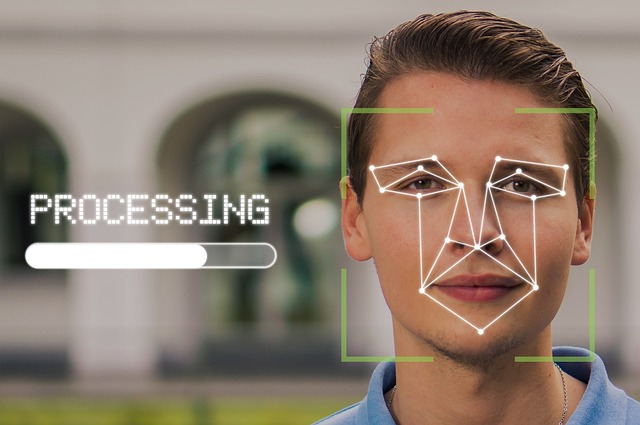
It was a world that once seemed like it only existed in science fiction novels – a world in which machines could think, learn, and even surpass human capabilities. But with the advent of artificial intelligence (AI), that world is now a reality. The possibilities, both exciting and daunting, seem almost endless. AI could revolutionize healthcare, transportation, education, and countless other industries.
Yet, with this great power comes great responsibility. The ethics surrounding AI have become a subject of much discussion, as concerns about privacy, bias, and potential harm to humanity loom large. In the interest of ensuring ethical and responsible development and use of AI, governance and regulation are becoming increasingly important.
One of the most pressing concerns is the potential for biased AI. AI algorithms learn from data sets, and if those data sets are biased, the AI will learn that bias, potentially leading to discriminatory outcomes. For example, facial recognition technology has shown bias against people of color and women. This calls for a careful analysis and design of algorithms, to ensure they are unbiased and not discriminating against any particular race, gender or religion.
Another concern is the issue of safety, particularly in areas such as autonomous vehicles. While autonomous vehicles have the potential to reduce accidents caused by human error, they must be designed with safety as a top priority. Regulations can ensure that safety is not sacrificed in the rush to innovate.
Privacy is also a concern. AI applications often involve the collection and analysis of massive amounts of data. Data privacy regulations are essential to protect individuals when this data is collected, used or analyzed.

Consumers need to know what data is being collected, how it is being used, and have the ability to opt-out of sharing this data.
AI has the potential to bring tremendous benefits to society, but it must be developed and used responsibly. Governance and regulation are essential to ensure that the ethical implications of AI are carefully considered, and that progress is made in a way that is both safe and fair to all. As we move forward into an AI-driven future, we must ask ourselves how we can best harness this incredible technology to benefit humanity, while ensuring that social, economic, and ethical concerns remain at the forefront of innovation.
Things to regulate in AI
- Data privacy and security. For example, a law might make it illegal for an AI learn your face and then track where you are going.
- Transparency in decision-making processes. For example, banks may decide to deny a loan to you due to AI, and a law may require AI to prove it didn’t use illegal factors to make the decision.
- Accuracy and fairness of algorithms. Laws could be created that require the managers of AI systems to monitor the fairness of their algorithms and fine-tune them when they violate certain metrics.
- Accountability for the actions of AI systems
- Ethical considerations, such as the potential impact of AI on employment and socioeconomic inequality
- Intellectual property and ownership of AI-generated work
- Safety and reliability of AI systems, particularly in high-risk areas such as healthcare and transportation
- International standards and cooperation to ensure consistency in AI development and use across borders.
In conclusion, the increasing capabilities of AI present both vast opportunities and significant challenges for society. Governance and regulation must keep pace with these developments to ensure that the benefits of AI are realized in a way that is safe, ethical, and equitable for all. By creating a framework that fosters responsible development and use of AI, we can chart a path toward a brighter and more prosperous future for all.
